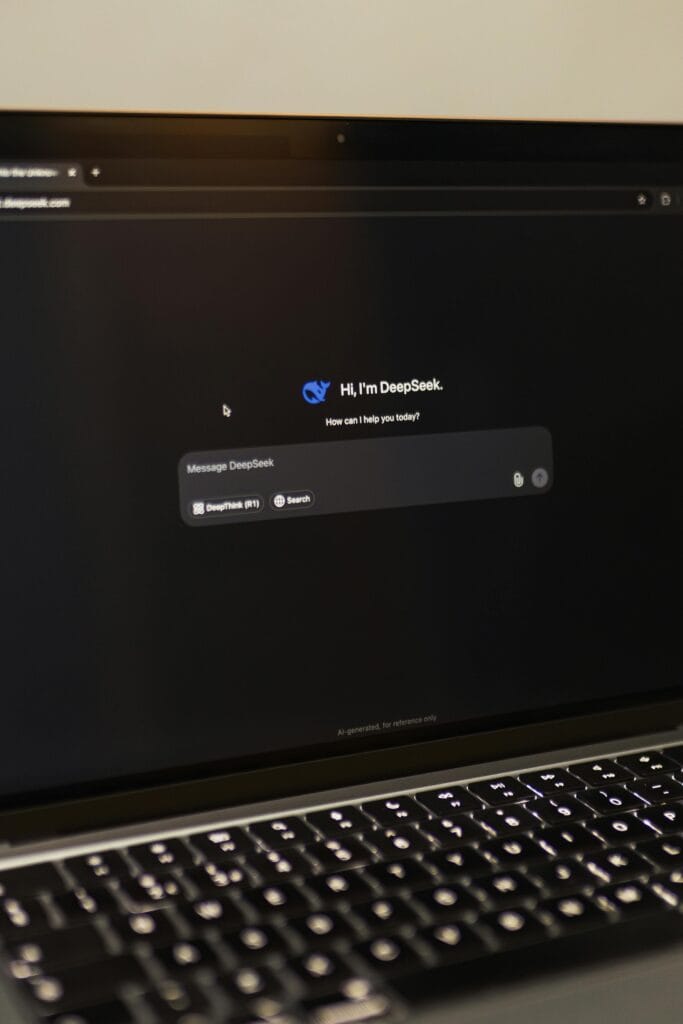Introduction
In the world we live in, the ability to communicate effectively in English English Speaking Practice is one of the most valuable skills you can possess. If you want to get a better job, study overseas, or travel anywhere, communicating with confidence in English can open up a world of possibilities.
As we head into 2025, English remains the most widely used language in business, education, and technology. However, even language learners can still find it so difficult to improve their speaking skills even after studying grammar and vocabulary for years. The ability to speak fluently in English is not just knowing the rules of the language; it requires regular practice and world use.
Most learners feel they are stuck at the intermediate level because they either don’t have enough opportunities to speak, or they are nervous about making mistakes. Fortunately for you, thanks to the rise of AI tools, language apps, and the developing world community of learners online, speaking English every day is more accessible than ever.
If you are a beginner and looking to learn how to carry out a simple conversation or an advanced learner and want to build long conversations with fluency, you just need to be consistent and use the right tools and strategies. The goal of this guide is to help you discover effective, free, and flexible ways to improve your speaking in English from home or anywhere.
In this blog article, you will discover the Top 10 methods for practicing speaking in English that are guaranteed to work in 2025, and most of them are totally free. Each of these methods involve modern tools, psychology, and real life interaction. You will learn how to transform your thinking in your brain to thinking in English, build your fluency in steps, and speak more clearly and with confidence. Let’s get started with the speaking strategies that will help change how you communicate in English forever in 2025!
1. Speak with Language Exchange Partners
Language exchange is one of the best ways to practice your English.
How it works:
You partner with a native English speaker who wants to learn your language. You spend half the time in English and half the time in your own language.
Best free platforms:

Tip: Pick a partner with similar objectives—formal, casual, or business English.
2. Shadowing (Repeat What You Hear)
Shadowing is a method supported by research and applied to language learning where you listen to native English audio and immediately repeat what you hear—replicating pronunciation, intonation, and rhythm.
Where to apply:
- YouTube videos
- English podcasts
Movie clipsSpeeches
How to do it:
- Choose a short clip (30 seconds to 2 minutes)
- Listen to it once
- Play and repeat simultaneously
- Try to replicate the exact sounds and tone!

3. Use AI Tutors and Chatbots for Practice.
AI Tutors can help you carry out real conversations, focus on grammar, and provide answers to your messages, similar to a native speaker.
Tools to try:
How to use ChatGPT for practice:
“Let’s roleplay a conversation in a restaurant. You’re the waiter.”
You will get to see instant feedback and a stress free confidence building experience.

4. Practicing speaking using voice notes.
Apps like WhatsApp, Telegram, and HelloTalk allow you to record voice messages as well. This allows you to:
- Think, then speak
- Pronunciation skills
- Record yourself
- Practice rhythm and fluency
Also, you can send messages to:
- Yourself
- Admired study groups
- Language partners
Bonus: Compare your own pronunciation to the pronunciation of a native speaker’s clip.

5. Get in the habit of recording yourself speaking every day
Recording yourself speaking has 2 benefits and 0 drawbacks. It helps you correct mistakes and measure your progress.
What to talk about:
- Your daily habits
- A review of a movie or newsworthy event
- An overview of your hometown
- Review answers to interview questions
Tools for recording may include
- A standard voice memo on your phone
- An audio editing app (like Audacity or Anchor)
- A video recording app
Then, listen to your recording again after a few days to self-correct the mistakes, let your tutor listen to it to get feedback.

6. Join English speaking clubs or groups
Speaking clubs provide structure, encouragement and accountability.
Where to find clubs/groups:
- Facebook Groups (type in “English Speaking Practice Group” in the search bar)
- Meetup.com
- Reddit (r/EnglishLearning)
- Discord servers
These groups almost always provide:
- Weekly Zoom calls
- Discussions on a topic
- Debates, games, and conversation organizers
- Practice with pronunciation

7. Roleplaying Everyday Situations
Roleplaying helps you practice real-life situations such as:
- Ordering food at a restaurant
- Booking a hotel
- Job interviews
- Making new friends
How to practice:
- On your own: Write and act out both roles
- With AI: Use ChatGPT to generate scenarios to converse with
- With friends: Try taking turns being different roles
Example of script below:
A: Hi, I’d like to make a reservation for two for 7 PM.
B: Sure, I just need your name, please?

8. Learn Scripts and Dialogues from TV Shows and Films
Learning scripts helps your brain speak in a natural and emotionally engaging way.
How to use them:
- Find a script or subtitles (for example, use Subslikescript)
- Read the dialogue aloud
- Practise with emotion and tone
- Record yourself acting out the scene
Best shows for this:
- Friends
- Modern Family
- The Office
- Stranger Things

9. Take on Speaking Challenges
Challenges are more engaging and fun and help you keep yourself accountable.
Some ideas:
- 30-day “Speak for 5 Minutes a Day” Challenge
- Instagram Reels: Post one English video everyday
- TikTok Duets: React to native English speaking videos
- YouTube Shorts: Answer trendy questions on video
You will gain speaking confidence and your own learning portfolio!

10. Engage in Free Speaking-Focused Courses
Now online platforms have speaking-focused English courses available, sometimes free!
Best sites:
- FutureLearn – Understanding IELTS: Speaking
- Alison – English Speaking Skills
- Coursera – English for Career Development
These may include:
- Video speaking models
- Self-record tasks
- Peer assessments
- Certificates

Sample Weekly Speaking Practice Schedule
| Day | Activity |
| Monday | Shadow a 2-minute podcast and record yourself |
| Tuesday | Roleplay a restaurant conversation |
| Wednesday | Speak with a language partner on HelloTalk |
| Thursday | Take a speaking task from FutureLearn |
| Friday | Post a TikTok video using a speaking prompt |
| Saturdayy | Record a summary of your favorite movie |
| Sunday | Join a group Zoom discussion on Reddit or Discord |
Common Speaking Mistakes to Avoid
- Being scared to make mistakes – Mistakes help us learn.
- Only listen and not speak – Listening develops understanding, but only speaking develops fluency.
- Overusing translation mental processing – Think in English, don’t think in your language.
- Using difficult words too soon – Start basic, then advance.
- Waiting for perfect grammar – Speak now and fix it later.
Final Thoughts
You don’t have to relocate to an English-speaking country or spend thousands of dollars to develop fluency.
By incorporating modern methods like computer based AI tutors, mobile apps, online social networks and self recording you can develop your English speaking capacity from home.
Fluency isn’t a quick process, but it is achieved with purposeful effort, effective practice, and a growth perspective. Speak English EVERY DAY, monitor your progress, record your own voice, and remember not to worry about mistakes, they are part of the pathway to success.
Have fun! Make your learning enjoyable by learning while listening or consuming the content that you enjoy (music, movies, shows or even video games). Talk with real people, try out new words, laugh at yourself when you make a mistake, and celebrate your wins.
If you want to improve your speaking ability in English you can do it, no matter your age or your experience, est. The RIGHT practice and courage, and very soon, you will be speaking with fluency and confidence.


